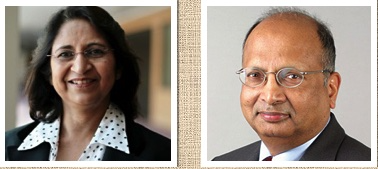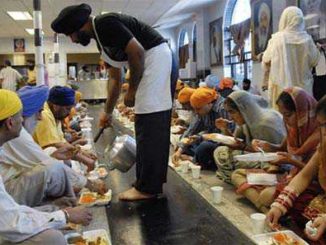Maharashtra example shows why power to disqualify should be in independent hands
The Maharashtra Assembly Speaker Rahul Narwekar’s ruling on the disqualification petitions filed by rival factions of the Shiv Sena demonstrates why the adjudicatory function under the anti-defection law should not be in the hands of Presiding Officers in the legislature. In a matter that many thought would decide the survival of the Eknath Shinde regime, the Speaker has ruled that there was no case to disqualify members of the Eknath Shinde faction, or 14 members in the Uddhav B. Thackeray (UBT) group. The ruling is based mainly on the finding that loyalists of Eknath Shinde, the Chief Minister now, constituted the ‘real political party’ when rival Shiv Sena factions emerged on June 21, 2022. Mr. Narwekar’s verdict conveniently draws upon some aspects of the Supreme Court’s final verdict of May 11, 2023, in which a Constitution Bench ruled that the Governor was wrong in asking the then Chief Minister, Uddhav Thackeray, to undergo a floor test and that the Speaker was wrong in recognizing the Shinde faction’s appointee as the party’s whip. In contrast to the Court ruling, the Speaker has declared that Sunil Prabhu, an appointee of the UBT faction, ‘ceased to be the duly authorized whip’ from June 21, 2022, and that Bharat Gogawale of the Shinde group was “validly appointed” as the whip. As a result, Mr. Narwekar found no reason to sustain the charge that the Shinde loyalists violated any whip. He also ruled that there was no proof that the UBT group violated the other side’s whip as no such whip was served on them.
The Uddhav Thackeray group may approach the Supreme Court again, possibly on the ground that the Speaker’s ruling contradicts key conclusions of the Bench. While acknowledging the split in the Shiv Sena Legislature Party, the Court had said: “… no faction or group can argue that they constitute the original political party as a defence against disqualification on the ground of defection”. The Speaker has also referred to the Shinde faction’s “overwhelming majority” (37 out of 55 MLAs of the original party). On the other hand, the Court had observed that the percentage of members in each faction is irrelevant to the determination whether a defence to disqualification is made out. However, the Court had conceded that the Speaker may have to decide on which faction is the real party when adjudicating a question of defection. It favored reliance on a version of the party constitution and leadership structure submitted to the Election Commission before rival groups emerged. It is these observations that the Speaker has utilized to determine which group is the real party. As long as defection disputes are in the hands of Speakers, and not any independent authority, political considerations will undoubtedly cast a shadow on such rulings.
(The Hindu)





Be the first to comment